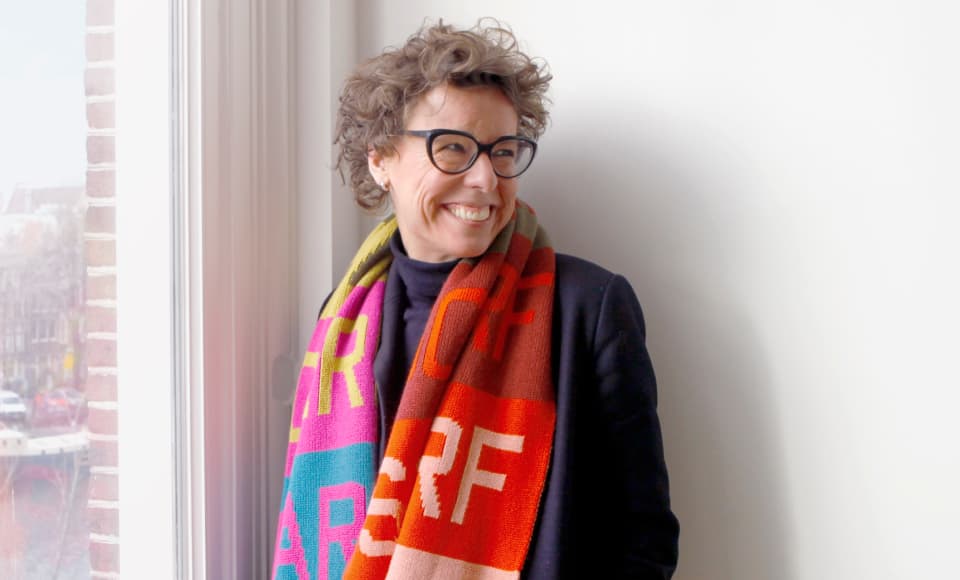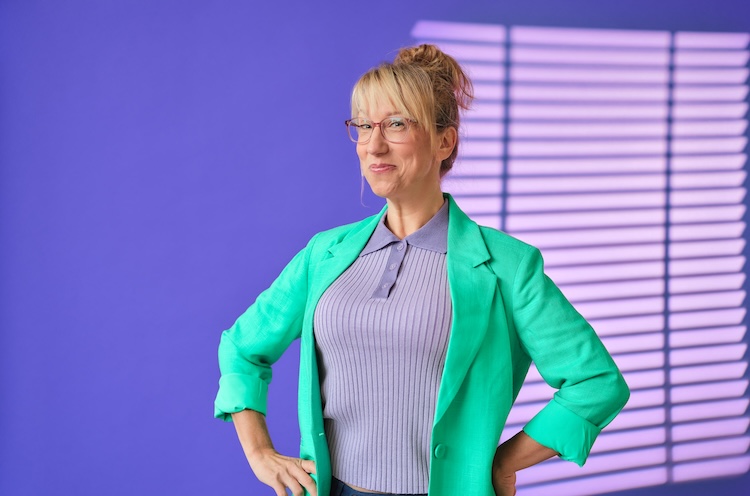The "koopsom" refers to the purchase price of a house in the Netherlands. This amount is the agreed-upon price between the buyer and seller and is a crucial aspect of the home buying process.

The purchase price of a house is what the buyer pays the seller to become the house owner. The notary is facilitating this payment. The notary ensures that the purchase price ends up in the seller's account, and you will find this amount on the settlement bill. After paying the purchase price to the seller, you still need to become the property owner. You only become the owner after the notary has drawn up the deed and registered it in the land register. In the title deed, the notary states the purchase price. The purchase price is also stated in the deed of purchase.
Purchase price k.k. (kosten koper)
When you buy a house, you pay an agreed amount for it with the sellers. However, the buyer still needs to pay the property's total cost.
In addition to the purchase price, there are other additional costs:
- Transfer tax: This is a set percentage of the purchase price.
- Settlement charges: Charges such as municipal taxes and levies, such as property tax and water charges, but also service charges.
- Notarial costs: The costs of services for the purchase agreement and the deed of delivery.
- Land registry costs: The registration of the plot and mortgage deed and land registry inspections.
- Deposit: The amount the buyer deposits with the notary after signing the purchase agreement and before transferring ownership.
- Other costs: Consider brokerage fees, prices for a financial advisor, or costs for a building inspection.
Transfer tax
Home buyers pay an amount of tax to the government on the home to be purchased within a few percent of the purchase price. For individuals who buy the property to live in it themselves, this tax works differently than someone who buys the property to rent out or to renovate and then sells or rents again.
Purchase price v.o.n (vrij op naam)
Newly built homes are exempt from transfer tax for home buyers. The associated term is ‘vrij op naam’. However, taxes are being levied by the government via a different route. Occasionally a seller chooses to pay the notary fees themselves, for example, if the property is part of a group of properties that are best passed through the same notary. However, existing homes are almost always sold with the purchase price 'kosten koper'.
Mortgage based on the purchase price
The purchase price affects the maximum mortgage you can get. The maximum mortgage is 100% of the house's appraisal value according to a validated (recognized by all banks) appraisal report. Such an appraisal report must justify the purchase price based on the selling prices of reference homes sold prior. Reference properties are, therefore, an essential part of that appraisal report.
Sometimes the appraisal value is lower than the purchase price, and you can borrow less than the actual purchase price. The difference between the maximum loan amount and the purchase price will have to be financed by the buyer on top of the additional buyer's costs.
The right purchase price
Usually, only a property buyer with a validated purchase price can obtain total financing. Therefore, it is important to do a proper analysis of the housing market and analyze recently sold homes to be able to calculate an accurate home value yourself. Then you can make a reasonable offer, hopefully becoming the final purchase price. That calculation is a skill, and a good buying agent can help you with that.

Buying a home?
Book your free orientation call with a Walter advisor. We will take you through the process of buying your next home.
Book a call — it's freeContinue reading



Walter Living is registered in The Netherlands with the address Walter Tech, B.V. Singel 542, 1017AZ, Amsterdam. Our Chamber of Commerce number is 73708585 and our tax ID is NL859636033B01.
Service
Would you rather contact us via WhatsApp? Send an app to +31 85 080 6860


